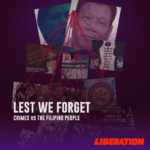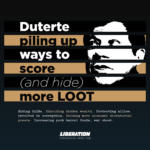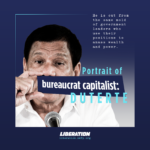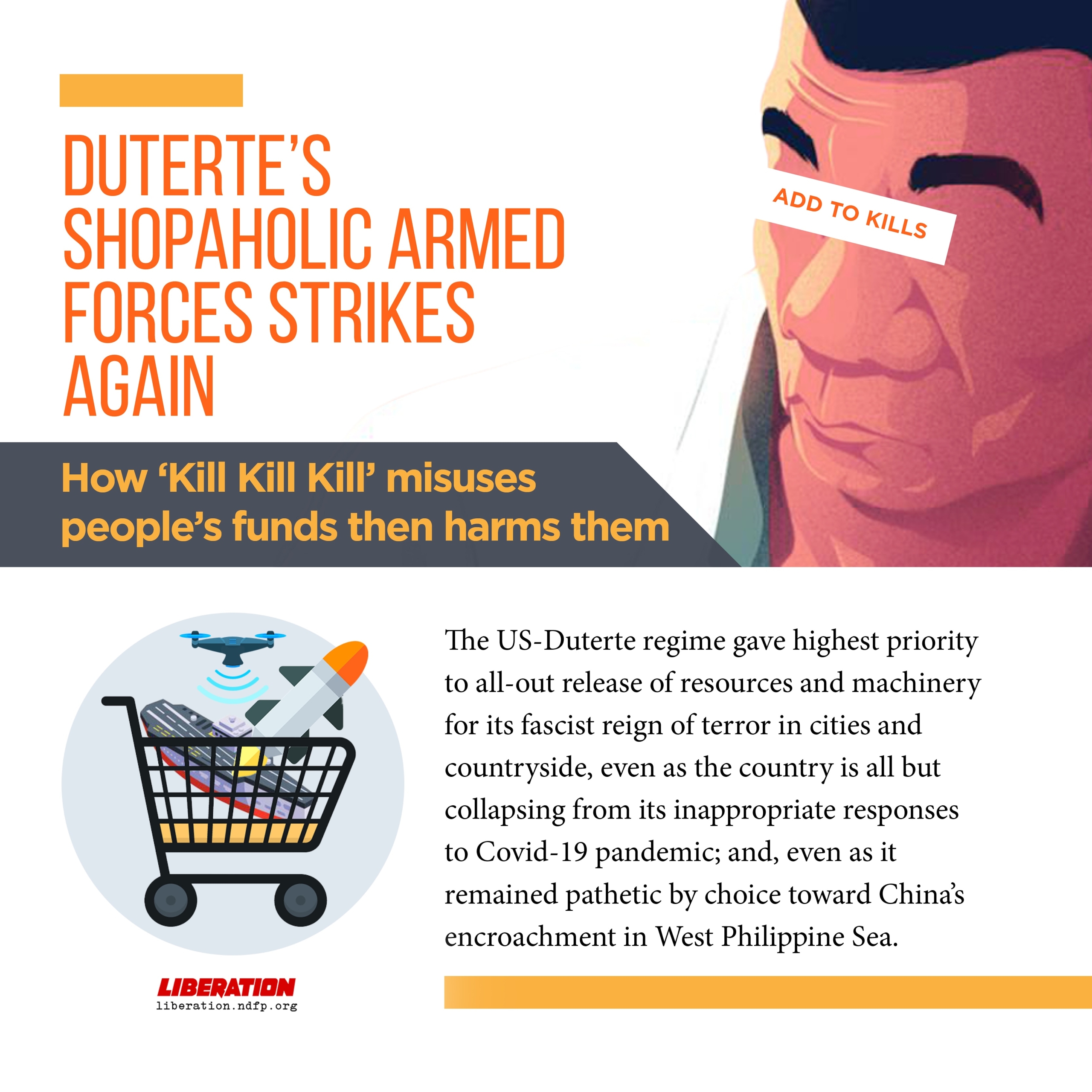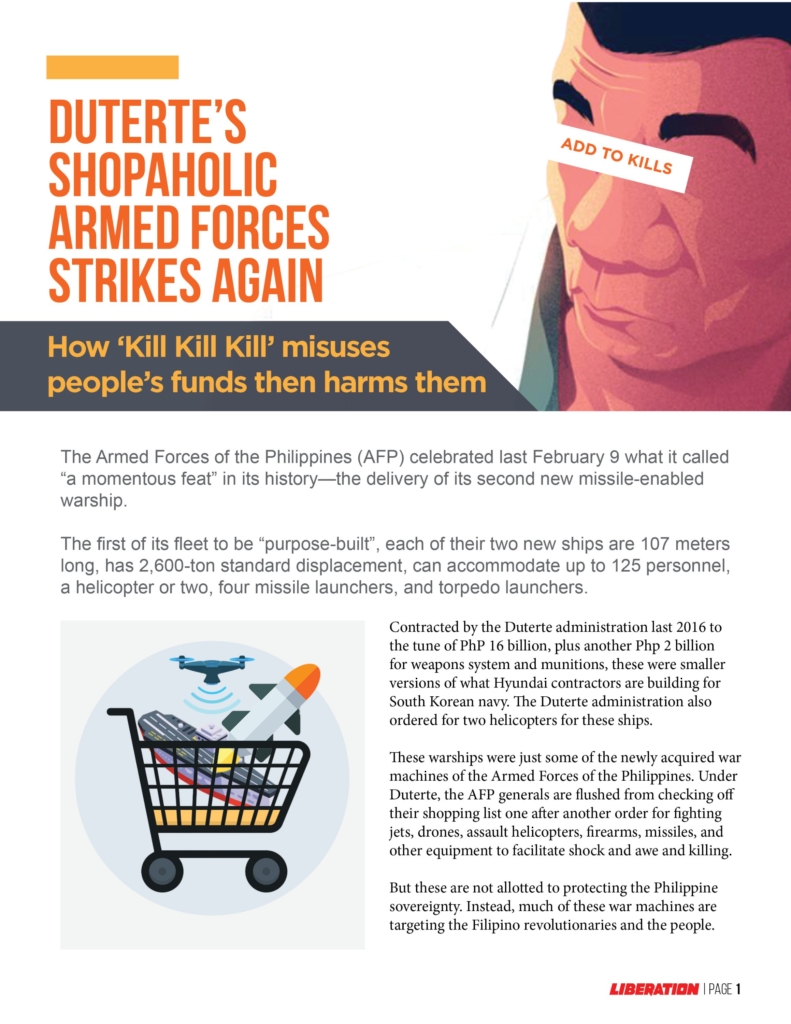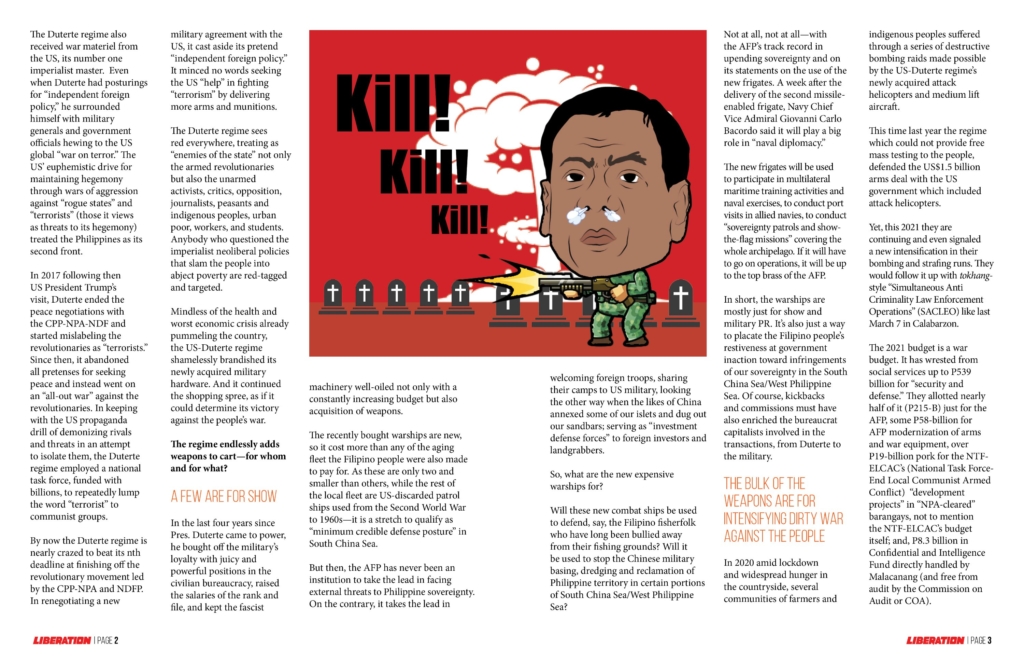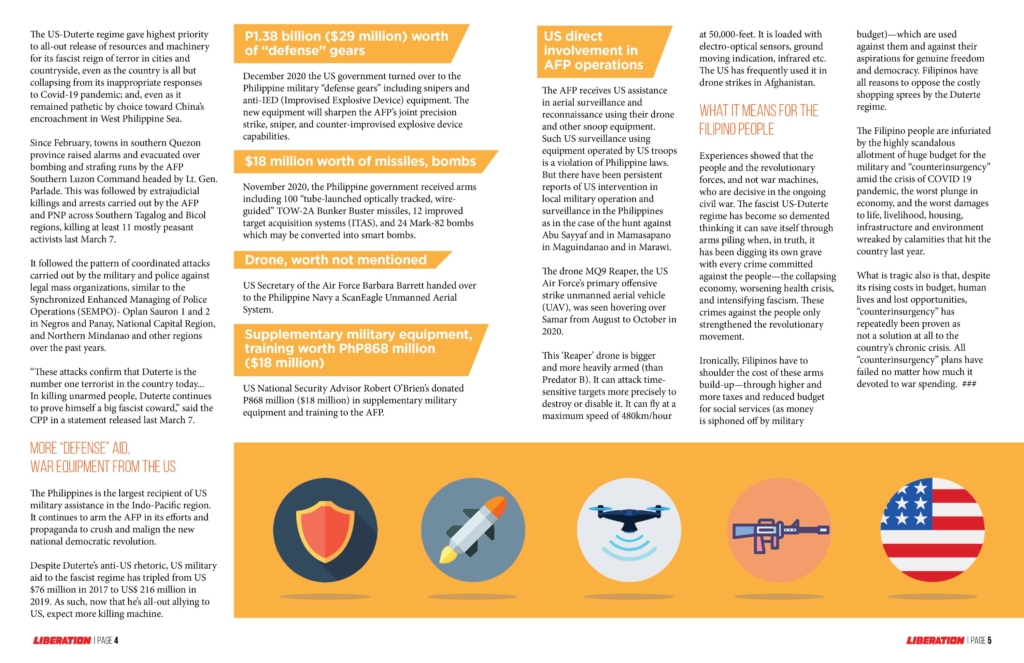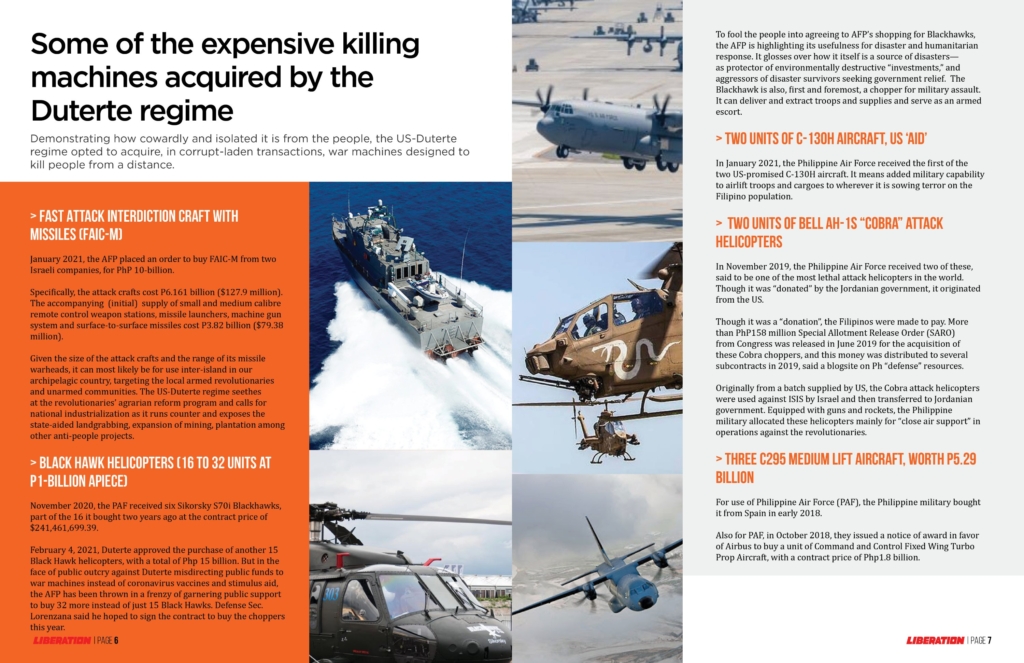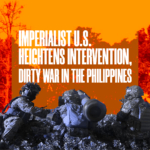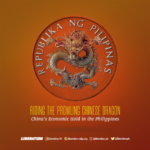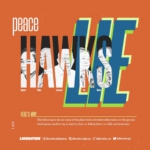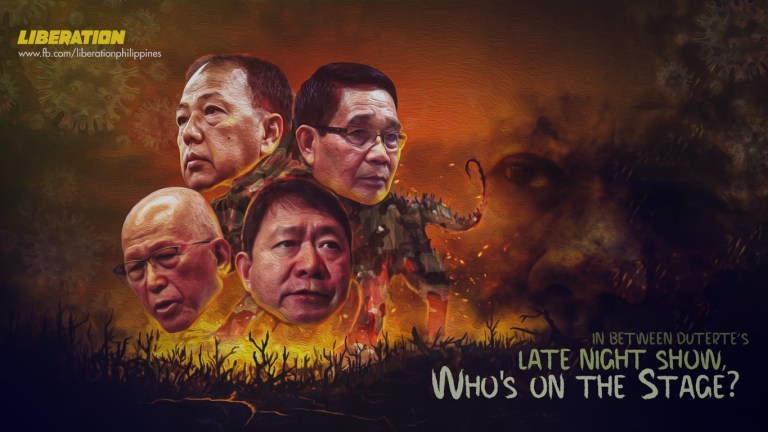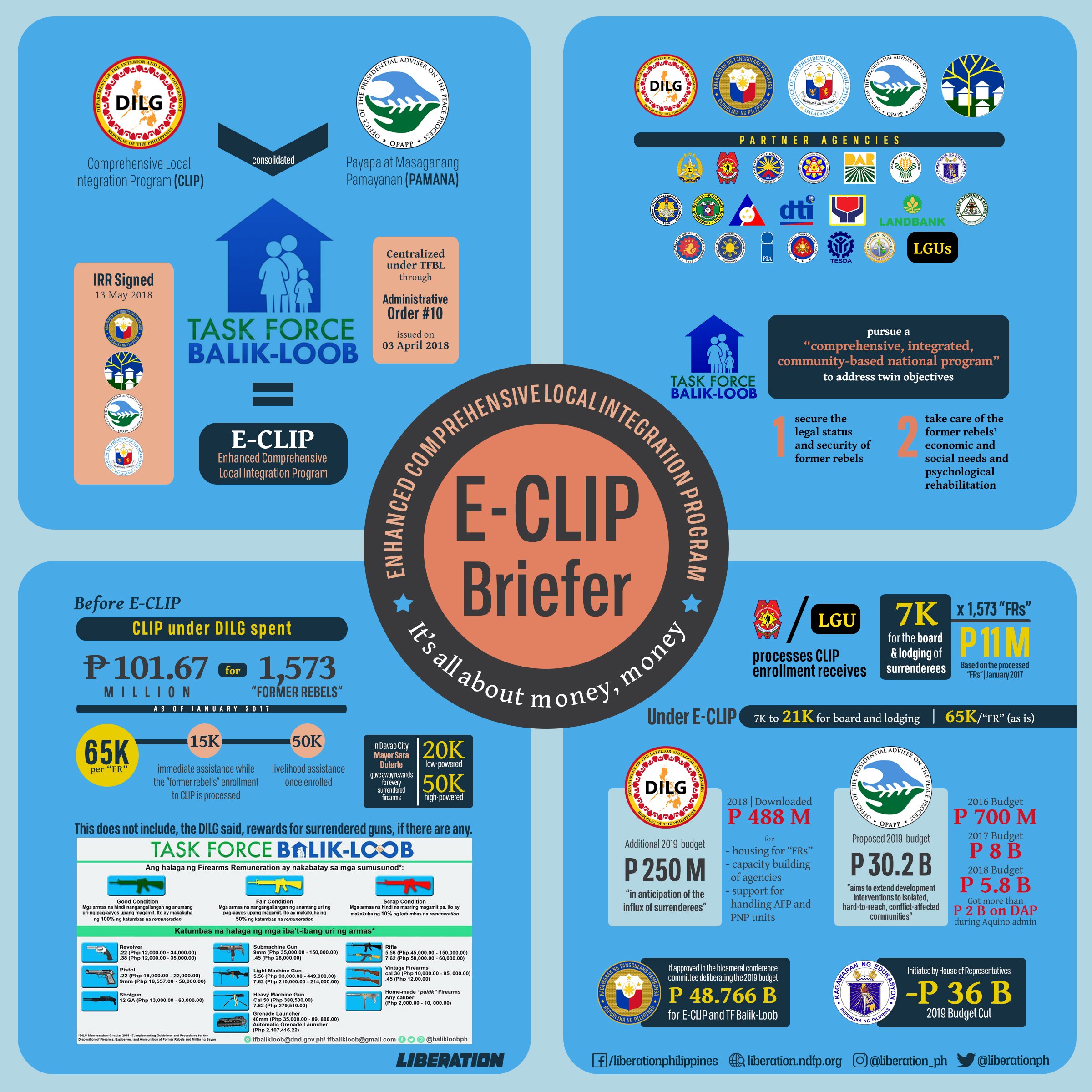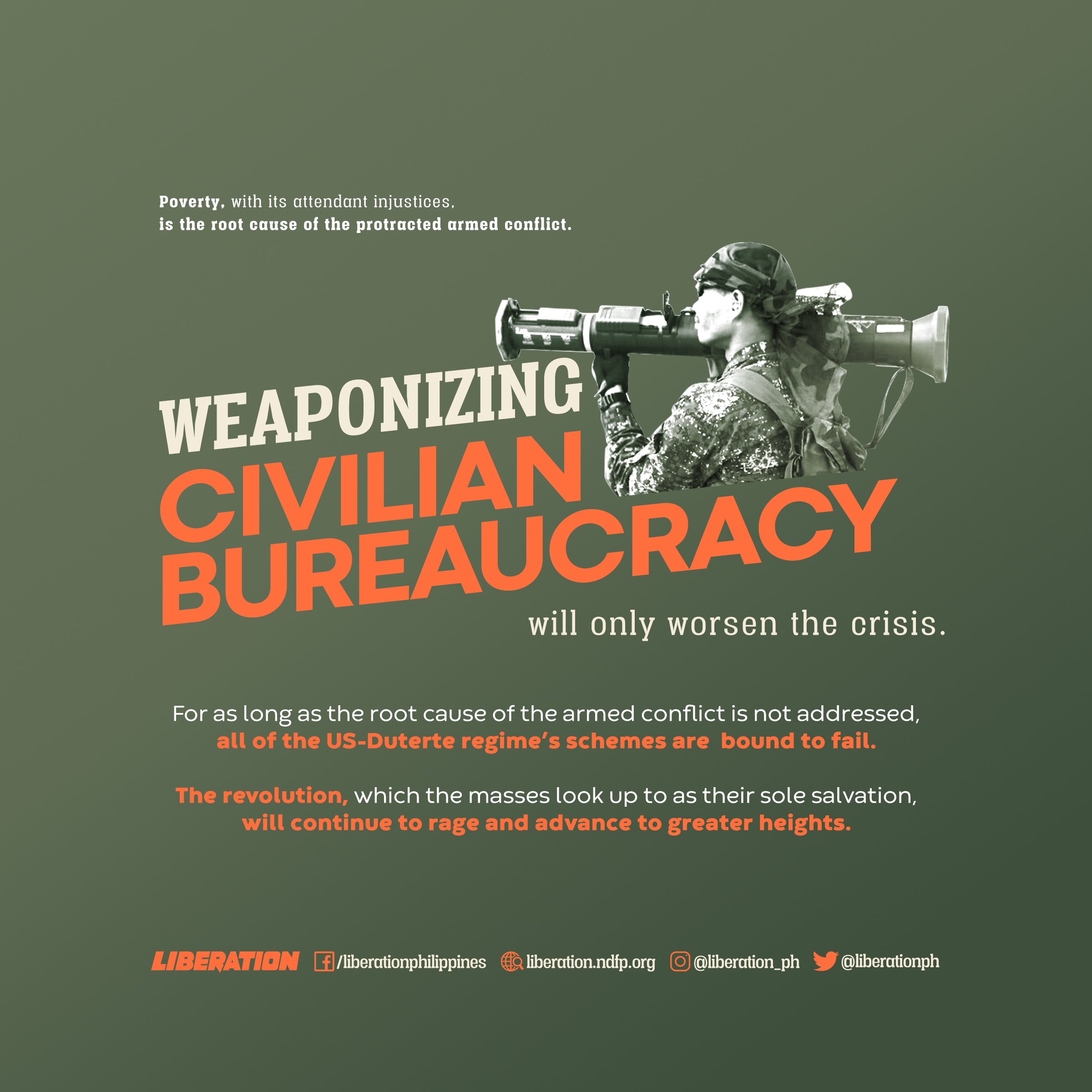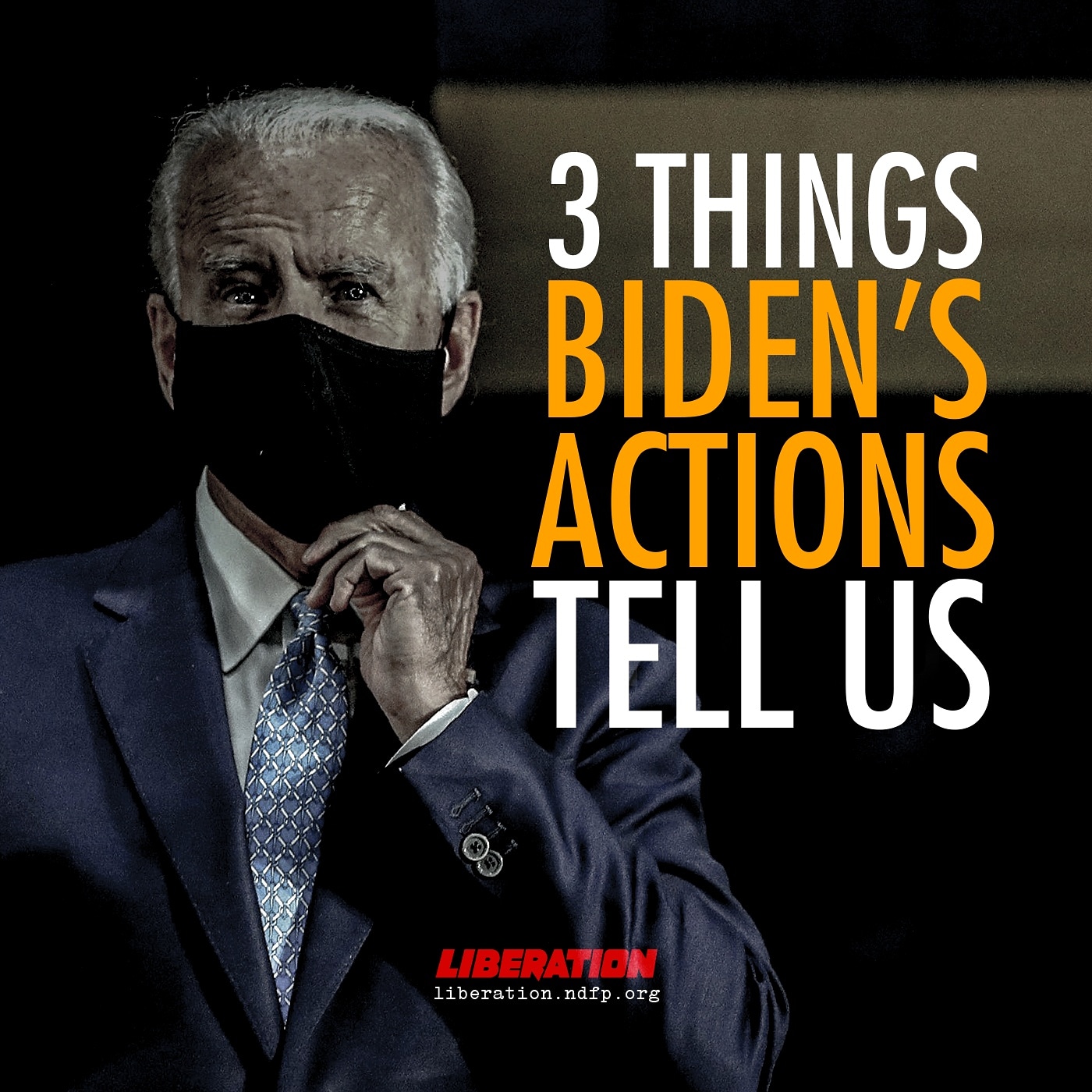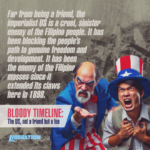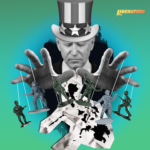The Anti-Corruption Hypocrisy
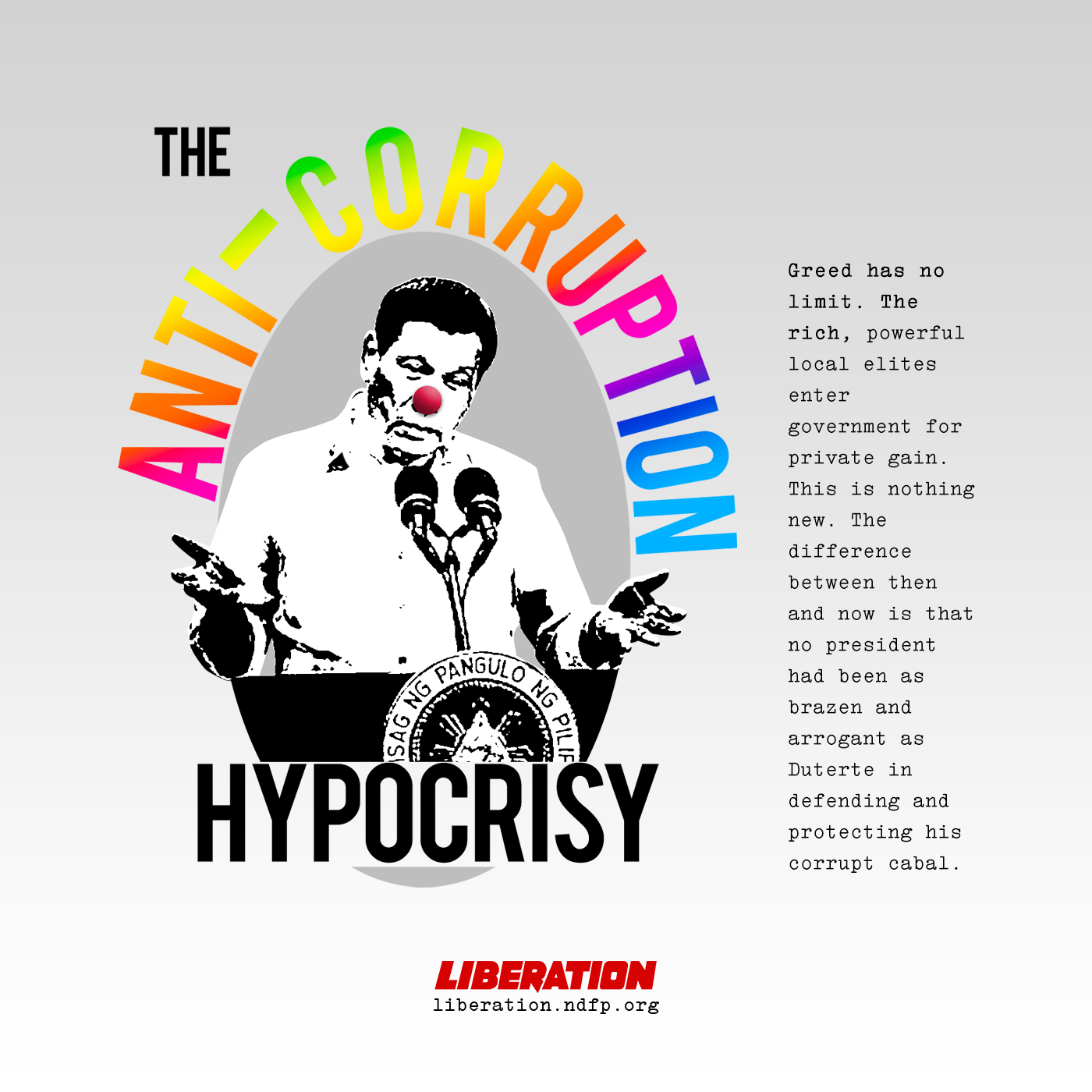
Sometime in September, amid the coronavirus pandemic, a gargantuan corruption scandal of fund mismanagement and overpricing shook up the Philippine Health Insurance Corporation or PhilHealth, the agency tasked with helping finance Covid-19 testing and treatment in the country. Illegal or invalid fund releases were placed at P14.9 billion.
Looking back since 2003, however, fraudulent transactions have altogether cost PhilHealth P154 billion, putting it on the brink of financial collapse.
Too big was the scandal to gloss over that the Senate had to recommend the filing of corruption charges against the agency’s senior officials, including Health Secretary Francisco Duque III who sits as ex-officio chairperson of the PhilHealth Board.
Forced to respond to the scandal, President Rodrigo Duterte announced – as he was wont to – the forming of a multi-agency task force. Designating the Department of Justice Secretary as head, he ordered the task force to investigate not only corruption in PhilHealth but in the entire government, starting with the other corrupt-ridden Department of Public Works and Highways (DPWH).
And for the nth time, Duterte vowed that he would focus on his anti-corruption drive in the last two years of his term expiring on June 30, 2022.
This empty boast came after Transparency International disclosed that the Philippines had fallen 18 rungs toward the bottom of the Corruption Index under Duterte’s watch, placing the country at 113 on par with Kazakhstan and Zambia.
But on the heels of his order to investigate, Duterte practically cleared Secretary Duque of any misconduct by publicly stating, “For the life of me I cannot really find a good reason to prosecute an innocent man.” He thus ignored the widely resonating call for Duque’s resignation as Health Secretary, even as there was evident conflict of interest on his part. That sparked outcries about tolerance of massive corruption emanating from the topmost seat of government.
Similarly, while hitting at corruption in the DPWH, Duterte has been vocal about his trust and confidence in the agency’s head, Secretary Mark Villar. “Si Villar mayaman na ‘yan. si Sec Villar maraming pera hindi na kailangang mangurakot,” he said, heaping the blame for deep-seated corruption on officials below Villar. “Ang problema sa baba… mga projects sa baba ‘yun ang laro d’yan.”
The oversimplified logic won’t hold water. Greed has no limit. The rich, powerful local elites enter government for private gain. This is nothing new. The difference between then and now is that no president had been as brazen and arrogant as Duterte in defending and protecting his corrupt cabal.
CPP Founding Chairman Jose Maria Sison has observed: “The corruption of the Duterte ruling clique is as gargantuan as its use of state terrorism. It includes enormous amounts of overpricing the military and civil purchases by government agencies, intelligence and discretionary funds beyond COA auditing, cuts in all kinds of contracts between government and the private sector, grabbing enterprises from opponents, reclamation projects, drug smuggling and casino operations.”
A case in point is the National Task Force to End Local Communist Armed Conflict (NTF-ELCAC). Created in 2018, it had a budget of P1.7 billion in 2020, but this was raised to a huge P19.13 billion for 2021. Even as the regime has been bragging that the CPP-NPA-NDF is already a “spent force”, Duterte and his military clique have designated the revolutionary organization as a “terrorist” organization to justify a larger share of the national budget and to employ more draconian measures that curtail civil liberties and grossly violate human rights.
With the other massive resources at his command, Duterte and his clique have become more prone to indulge in corruption.
Just how much wealth Duterte has personally gained since he assumed office remains a secret. In fact, attempts by media groups, particularly the Philippine Center for Investigative Journalism (PCIJ), to look into Duterte’s 2018 and 2019 SALN (Statement of Assets, Liabilities and Networth) have proved to be futile: blocked by the Office of the President, and by the supposedly independent Office of the Ombudsman, under his appointee. Under previous adminstrations, in the past 30 years, the Ombudsman had made available the SALN of the president and other government officials.
PCIJ has noted that based on Duterte’s 2017 SALN, the last to have been made public, his wealth increased from just about P1 million in 1998 to nearly P29 million in 2017. “Big spikes” were also seen in the wealth of Duterte’s children, Sara and Paolo Duterte, based on their SALNs. Duterte’s retort: “What we earned outside is none of your business actually.”
So there! It would not be surprising if Duterte follows after Marcos, not just in the annals of dictatorship but also of kleptocracy. Duterte’s famous line in the beginning of his term – not even a “whiff of corruption” – is all hot air, hypocrisy. The betrayal of public trust, shamelessly flaunted under every administration, will continue for as long as power resides in the hands of the ruling elite.###

